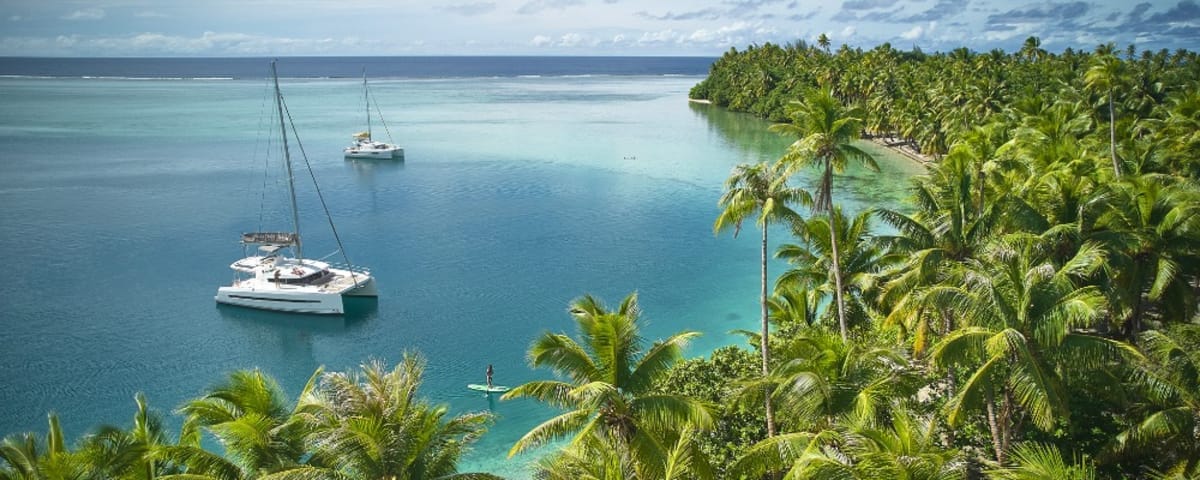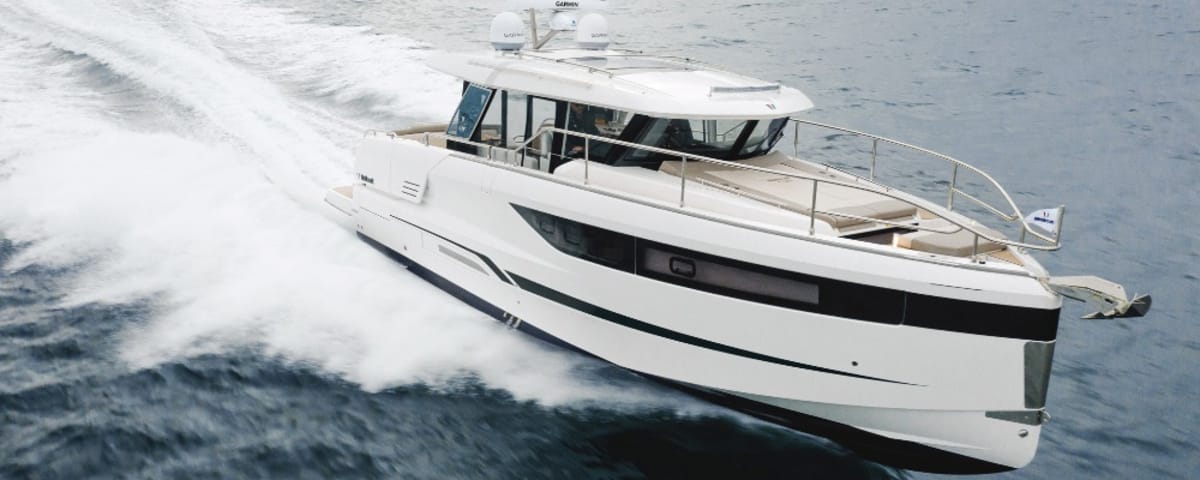Copenhagen’s Innovative Approach: Cleaning Canals for Rewards
Rocio Gómez spent an hour exploring Copenhagen’s canals by boat without spending a penny. She collected floating waste, taking advantage of a summer initiative by the city that rewards eco-responsible behavior.
During her maritime excursion on an electric-powered speedboat, which usually costs around 80 euros per hour, the Mexican tourist helped clean the Danish capital’s harbor. “You’re doing something good while having a good time,” she told AFP.
The thirty-something, who works in sustainable development, intends to take advantage of other offers from the program during her stay in the city.
Launched in mid-June and scheduled to last nine weeks, the CopenPay initiative offers tourists and locals about a hundred rewards, such as a coffee, a pastry, or a concert offered in exchange for an hour of waste collection. It also includes a reduced-price meal in exchange for gardening or a free guided tour for those who stay more than three days.
“Four out of five people want to do a good deed, but only one does it. We asked ourselves how to bridge this gap and inspire more people to do something good” for the environment, explains Rikke Holm Petersen, director of communications for Wonderful Copenhagen, the local tourism office.
Last year, the initiative, in its pilot phase, had already attracted 75,000 enthusiasts. This year, Wonderful Copenhagen is counting on “double, or even more.” The number of participating institutions and businesses has quadrupled, none of whom receive financial compensation.
At the canal tour organizer GoBoat, as with many participants, the offer is limited. “About 60 people can come every Tuesday and Thursday morning” after registering via the website, details Isabel Smith.
This marine biologist is responsible for analyzing the waste brought back by CopenPay users, an average of two kilos per boat, mainly plastic.
“I measure the plastic according to its width and length, then I identify its type,” she explains. “This helps us better understand current research on plastic pollution in the port and to pinpoint where this pollution is concentrated.”
The proposition convinces participants. “When you travel to different places, you want to have different experiences, and I found this quite incredible,” assures Rocio Gómez.
“At first, it was quite clean, extremely clean even, but then we found some corners that were quite dirty, and then we started picking up all the waste from the corners with a bamboo net,” she continues.
She shared her boat with Marta Reschiglian, an Italian student, and her group of Erasmus friends.
“Since we are students and sometimes have a very tight budget, it’s really nice to be able to do these things, to combine a somewhat sustainable and environmentally friendly behavior with a way to get things for free,” says Marta.
For her, “many cities should start adopting this kind of initiative. We see all over the world that mass tourism poses many problems (…) this is a good example.”
The project could inspire others beyond Danish borders. “We have initiated a whole new discussion, or agenda, worldwide on the impact of travel, which is really important,” believes the head of Wonderful Copenhagen.
In the Danish capital, the initiative could also become more permanent, with a winter version.
Approximately 4 million tourists visit Copenhagen each year, and the majority come in the summer.
Enjoyed this post by Thibault Helle? Subscribe for more insights and updates straight from the source.


